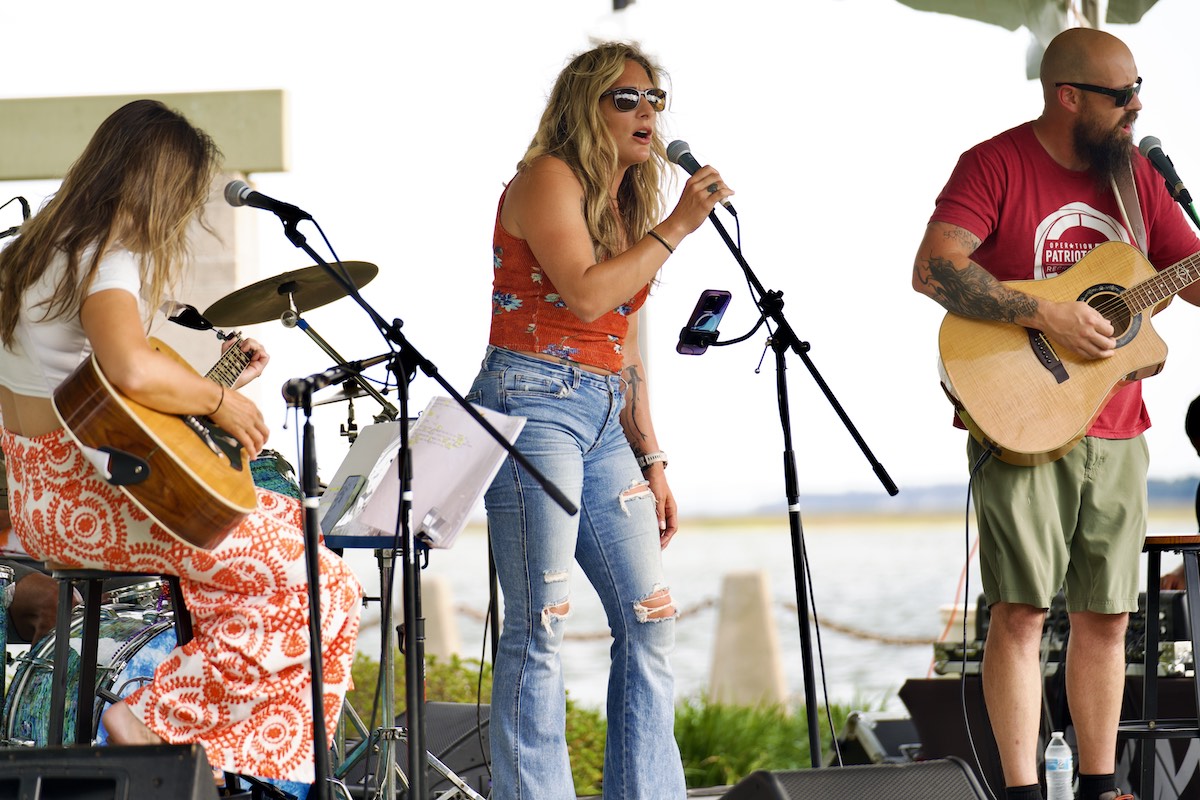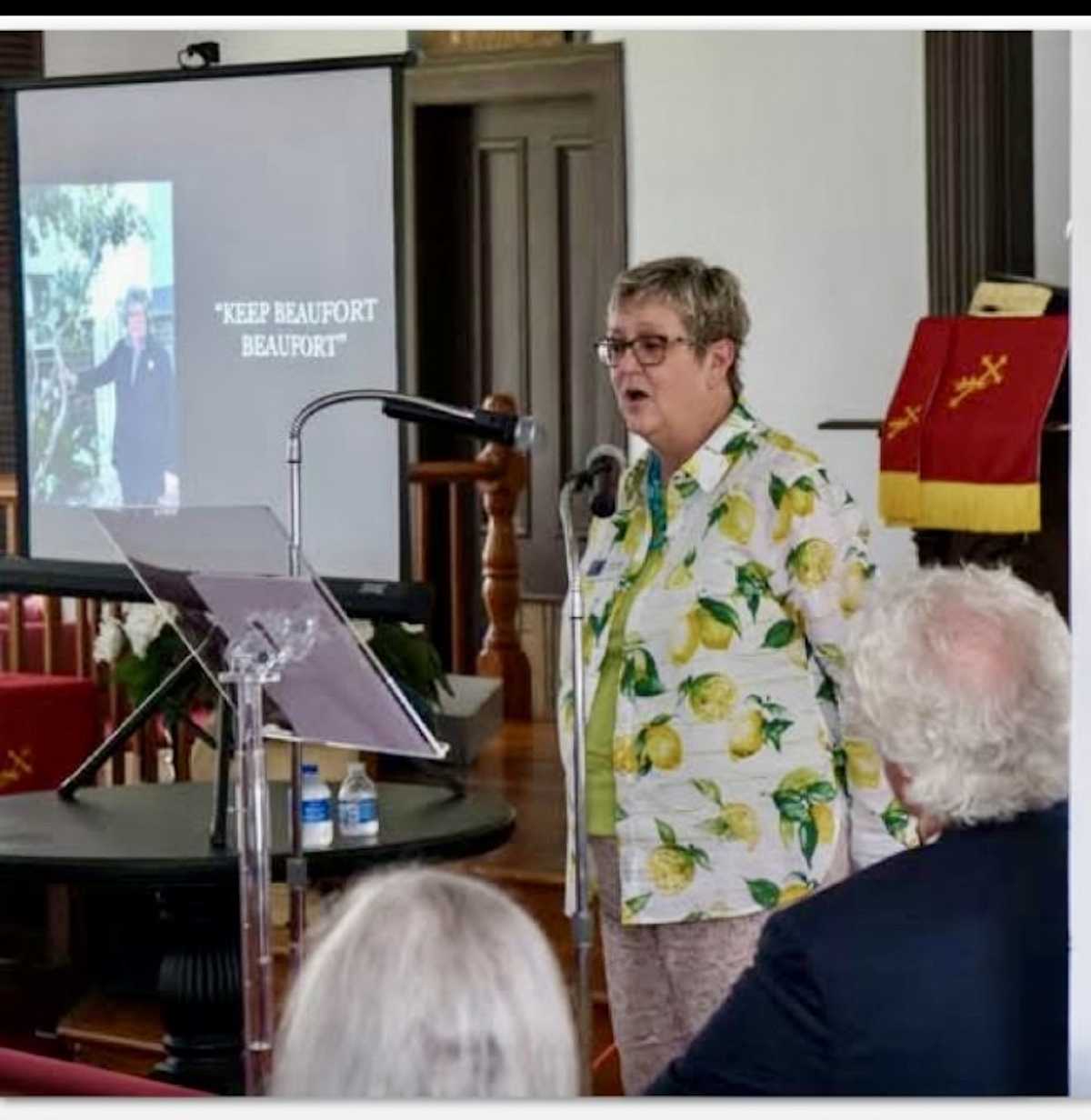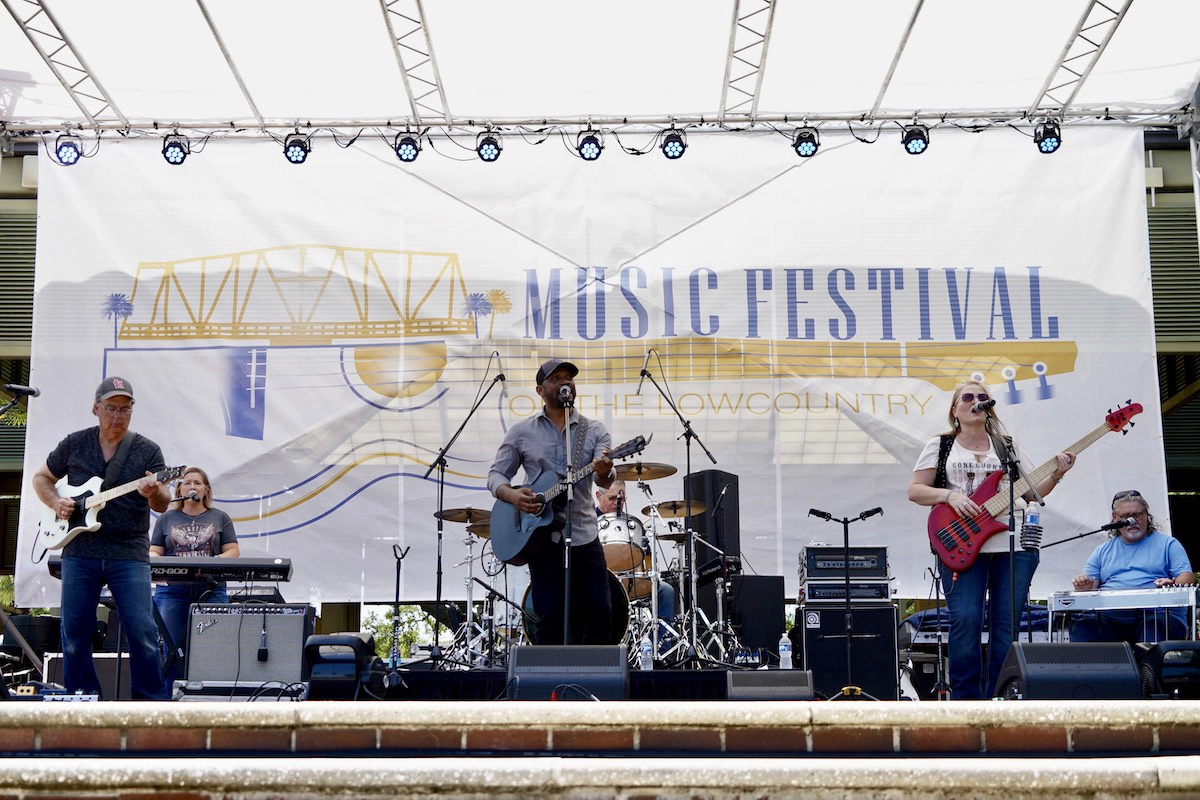By Alan Schuster
The day after Mozart’s premiere of “Idomeneo” in Munich in January 1781, he wrote to his father that “to write operas now is my one burning ambition.”
In the next 10 years before he died at the age of 35, he composed, among others, “The Marriage of Figaro,” “Don Giovanni,” “Cosi Fan Tutte” and “The Magic Flute,” all classics which rank high – very high! – in the opera repertoire.
John Stone, BBC music critic, considers “Idomeneo” “his first great opera, a creative explosion, befitting its classical Greek theme of human sacrifice and assaults on the senses.”
The opera will be performed live at the Metropolitan Opera and broadcast live in HD at 12:55 p.m. Saturday, March 25, at the USCB Center for the Arts.
Two prominent biographers of Mozart’s life have offered thoughtful comments as well.
Sir Denis Forman: “To seria he brought nobility and drama. ‘Idomeneo’ was no longer a stop-start procession of arias. Its mighty choruses and dramatic music push the story along and its deeply-felt solos give the characters a chance to become almost human.”
Charles Osborne: “From the Italians he has learned the importance of melody, from Gluck how to involve the chorus in the drama, and from the Germans the value of expressive recitative. But he is no longer a pupil. Now he has become a master.”
Act I
King Idomeneo has sent prisoners from Troy back to Crete, including Ilia, King Priam’s daughter. Unknown to Idomeneo, Ilia and Idamante, Idomeneo’s son, are in love, and Idamante is also loved by Elektra. Idomeneo is set to return to Crete, at which point the prisoners will be granted amnesty, but a storm forces him to offer to Neptune a sacrifice of the first living thing he meets as he steps ashore. This turns out to be his son.
Act II
Idomeneo tries to avoid his obligation to Neptune by sending Idamante to Argos as an escort for Elektra. But Neptune raises a terrible storm out of which appears a monster which then begins to tear the island apart. The people realize that someone has offended the gods, and Idomeneo confesses.
Act III
Idamante prepares to battle with the monster. Before doing so he tells Ilia that he loves her.
The jealous Elektra bursts in with Idomeneo, who then tells of his vow to Neptune. Idamante kills the monster, then offers himself in fulfilment of his father’s promise to Neptune. The voice of Neptune intervenes, sparing Idamante’s life, but demanding that Idomeneo abdicate. Idamante duly takes the throne, with Ilia at his side.
The Music
Act I
From the opening moments, Mozart created a continuity of action, often linking one number to another in order to discourage applause. This is particularly true in the first act where “the plot moves with breathless immediacy, plunging the characters into extreme emotional states, taking the audience with them at incredible velocity.” [Source: DVD booklet]
Act II
The finale,”Pria di partir, o Dio!” (Before leaving … ), in which a fine trio becomes an even finer quartet, as they pray for a safe ending to the storm.
Act III
“Andro ramingo e solo” (I go my wandering ways alone), in which this quartet takes us from the old world of opera seria into a new age where the theatre, not the salon, becomes its home.
James Levine conducts the orchestra with Matthew Polenzani in the title role; Elza van den Heever as Elektra; Nadine Sierra as Ilia; Alice Coote as Idamante (pants role); and Alan Opie as Arbace.
All seats are general admission. Tickets are $20 for adults; $18 for OLLI members; and $10 for students. Order online at www.centerforthearts.com, or by calling 843-521-4145. The box office opens noon.






